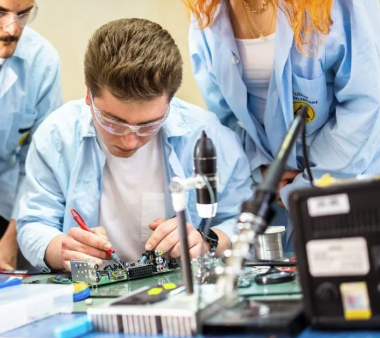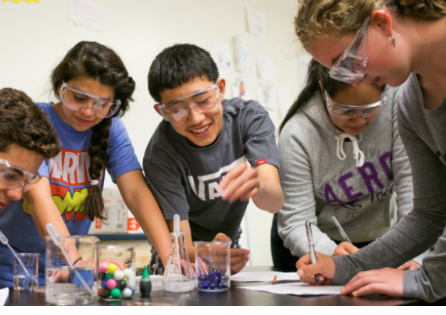Career and Technical Education (CTE) provides students with practical, hands-on experience that prepares them for future careers in high-demand fields. When personalized learning is integrated into CTE programs, it enhances student engagement, supports skill mastery, and creates clear, meaningful pathways from education to employment.
The Importance of Personalization in CTE
CTE students come from diverse backgrounds with varying interests, goals, and learning needs. Personalized learning accommodates these differences by:
- Offering flexible learning paths based on career interests
- Adapting instruction to individual skill levels
- Encouraging student agency through project-based learning and self-paced modules
This tailored approach helps students remain motivated and connected to real-world outcomes.
Aligning Education with Career Goals
Personalized learning allows CTE students to align coursework with their specific career aspirations. For example, a student pursuing a career in healthcare may focus on anatomy and patient care simulations, while another interested in digital design might develop a portfolio of creative work. This alignment ensures relevance and increases the likelihood of success in both school and the workforce.
Leveraging Technology for Flexibility and Feedback
Digital tools play a critical role in personalized CTE instruction. Online platforms, simulation software, and learning management systems provide:
- Self-paced modules that allow students to learn at their own speed
- Interactive content that mirrors real-world applications
- Instant feedback to guide improvement and reinforce skills
These tools enable instructors to monitor progress and tailor instruction to support individual learning needs.
Incorporating Project-Based and Experiential Learning
CTE programs naturally lend themselves to project-based learning, which aligns well with personalized instruction. Students can:
- Choose projects that match their interests or intended career paths
- Apply theoretical knowledge to real-world tasks
- Showcase their skills through portfolios, demonstrations, or industry-aligned certifications
This hands-on approach reinforces understanding and helps students build confidence and competence.
Supporting Industry Certifications and Skill Development
Personalized learning in CTE can be structured around industry-recognized standards and certifications. Educators can:
- Customize learning paths to help students meet credentialing requirements
- Identify and fill skill gaps through targeted instruction
- Prepare students for workplace readiness with authentic assessments
This focus ensures that students are not only academically prepared but also career-ready.
Encouraging Mentorship and Career Exploration
Personalized learning encourages connections with mentors, industry professionals, and career advisors. Students benefit from:
- Personalized guidance and career planning
- Exposure to various roles within their field of interest
- Opportunities for internships and job shadowing that align with their goals
These experiences deepen student engagement and broaden their understanding of career possibilities.
Conclusion
Personalized learning strengthens Career and Technical Education by supporting student-driven learning, aligning education with career goals, and preparing learners for success in a rapidly evolving job market. With the right tools and strategies, CTE programs can become more flexible, responsive, and empowering—ensuring that each student gains the skills, knowledge, and confidence to pursue their chosen path.














